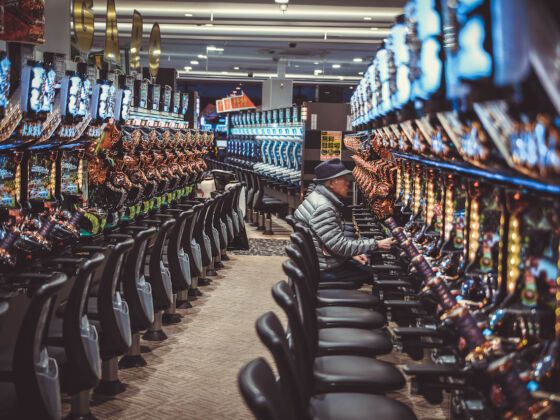1. Don’t… play pachinko.
Pachinko is one of the few ways to legally gamble in Japan, but don’t be lured into a parlor thinking you’ll see attractions like those of Vegas. The place is beyond loud and full of cigarette smoke.
The games themselves should be reserved for a 10th circle in Dante’s Inferno. Imagine a pinball machine with a computer screen display; once you pull the lever you have literally no control as to where the ball ends up.
Just like in Vegas, you’ll find burnt-out slot jockeys mechanically inserting yen, winning once every 27 days. Fun fun.
